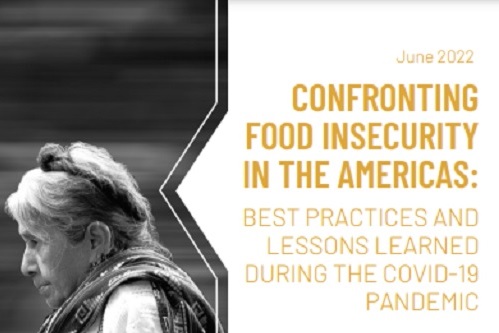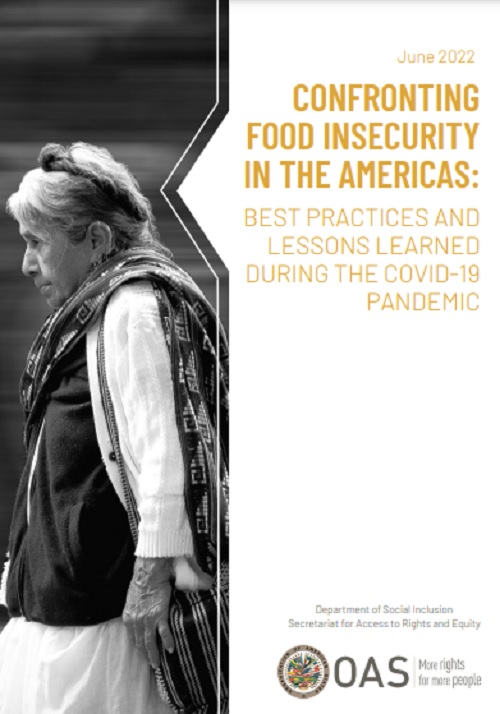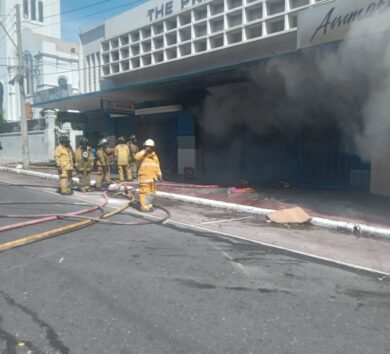

Close to half the peoples of Latin America and the Caribbean are “moderately or severely food insecure”, according to a new report from the Organization of American States (OAS).
The OAS report – Confronting Food Insecurity in the Americas: Good Practices and Lessons Learned during the COVID-19 Pandemic – examines data from 16 countries on their programmes and policies for ensuring food security in the region, while honing in on actions that should be taken to for best outcomes.
The document indicated that 41 per cent of individuals in the region were “moderately or severely food insecure.”
The report also stated that 14 per cent experienced extreme food insecurity, which, according to the Food and Agriculture Organization of the United States (FAO), is defined as having no food and going a day or more without eating.
“The number of people lacking physical or economic access to a quantity and quality of food necessary for health and development increased to 267 million people in 2020, an increase of 60 million people from the previous year,” read the report.
“Food insecurity disproportionately affects groups that are already in a situation of greater vulnerability, such as women, indigenous and Afro-descendant peoples, people with disabilities, the elderly, people in a situation of human mobility, among others.”
The document warned that food insecurity is on the rise in several countries around the world, a reversal of years of progress and jeopardising the ability to achieve the United Nations’ Sustainable Development Goals by 2030.
Of specific note among those goals is to “End hunger, achieve food security and improved nutrition and promote sustainable agriculture”.
The combination of the onset of the coronavirus (COVID-19) pandemic with declining incomes and disruptions in food supply networks and distribution chains have led to a significant increase in chronic and acute hunger, the report said.

The OAS said the report was an essential input to the joint session of the OAS Permanent Council with the Inter-American Council for Integral Development (CIDI), whose purpose was to address and promote viable actions and regional cooperation to strengthen food security in a comprehensive and sustainable manner “as a fundamental strategy to address persistent social and economic needs in the Americas, including those emerging from the COVID-19 pandemic”.
It is among the actions adopted by the OAS as a follow-up to the declaration adopted at the OAS General Assembly in 2021 – ‘Renewed Commitment to Post-COVID-19 Sustainable Development in the Americas’ – which highlights the “commitment to continue promoting national and regional measures to respond to the multiple crises that have unfolded, addressing the structural causes, particularly to counteract the effects of climate change and biodiversity loss, as well as discrimination, hunger and food and nutrition insecurity, displacement, poverty and violence”.







Comments